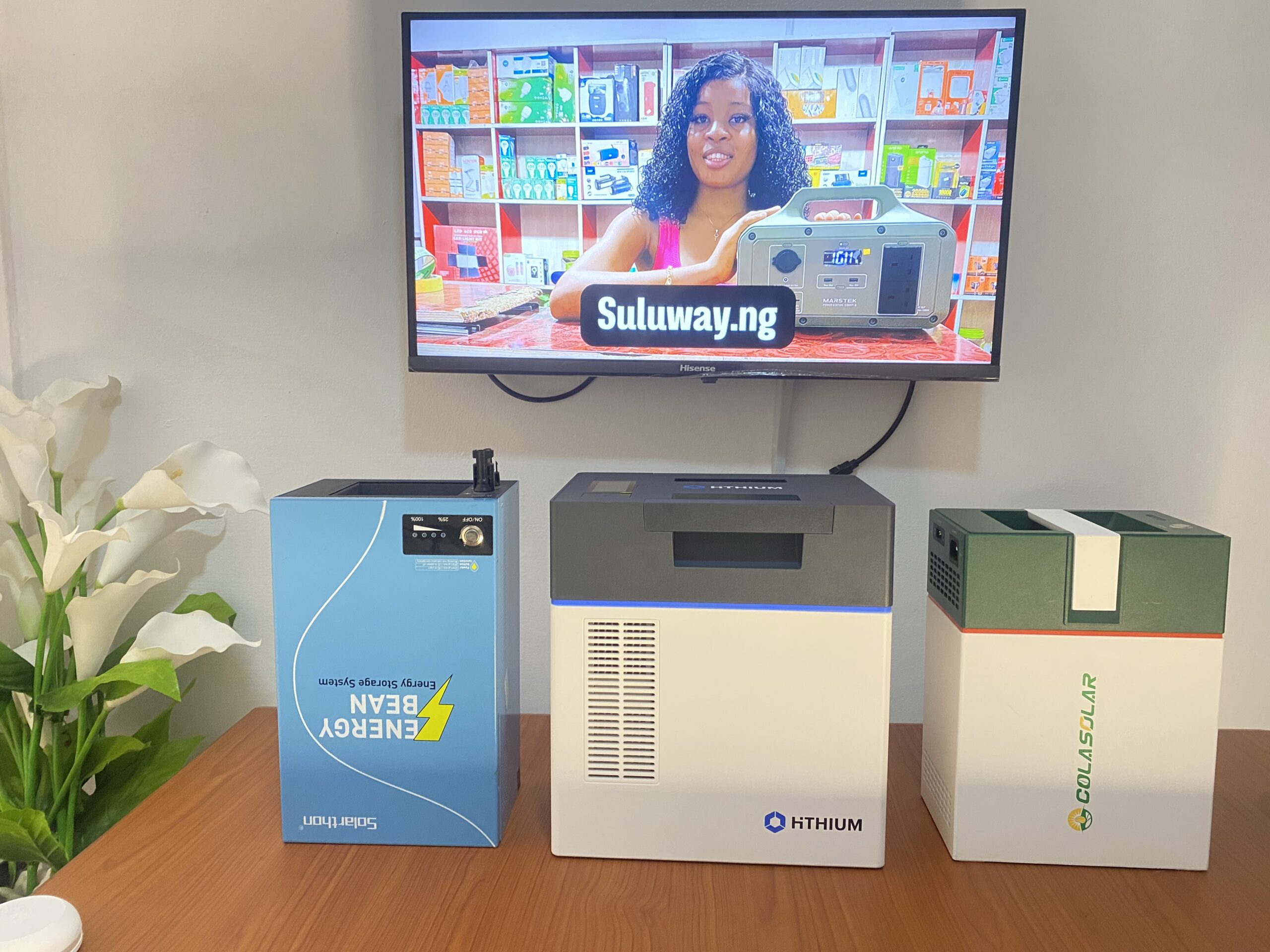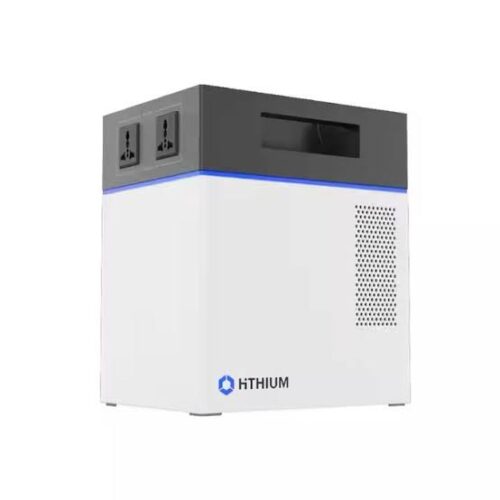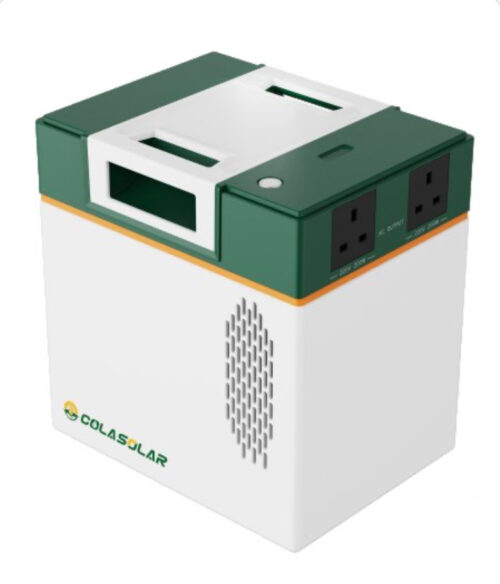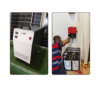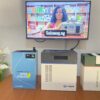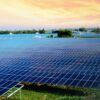Solar Generators: 3 Key Things To Check Before You Buy
Solar generators are becoming increasingly popular because of their portability, affordability, and all-in-one design. Unlike the conventional solar systems that requires multiple components and complex installations, a solar generator is compact, mobile, and easy to set up, making it perfect for small businesses, students, remote workers, homes, and even outdoor use.
Whether you want a backup for your shop, a mobile power source for your business, or a budget-friendly way to enjoy clean energy, solar generators are a smart choice.
But before you buy one, there are three important things you must know to avoid mistakes and choose the right system for your needs:
- Set Your Priorities First
The first step is identifying the most important appliances you want to power. Your needs are not the same as someone else’s, and your solar generator must reflect your priorities. For example, business owners who sell cold drinks or frozen foods, refrigerators or freezers are top priority. You might also need to add essentials like a fan and lights. For laundry shops, your washing machine and pressing iron comes first. For phone charging businesses, your charging board, fan, and lights should be your focus.

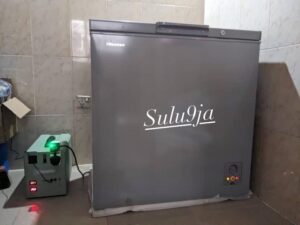
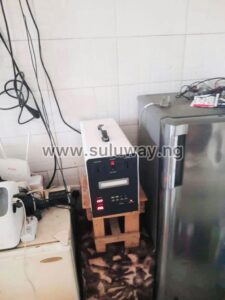

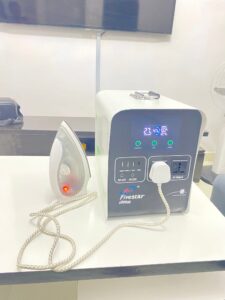
Why is this important? If you’re on a tight budget, setting clear priorities helps you choose a system that covers what matters most instead of spending more on extra capacity you don’t need.
Once you’ve identified your essential appliances, the next step is to check their total wattage (power rating). For example: If your appliances consume a total of 500 watts, it’s wise to buy a solar generator of at least 1000 watts (double your load capacity).
Why double? Running at maximum capacity all the time shortens the solar generator’s lifespan. With double capacity, you enjoy better performance, durability, and peace of mind.
- Check the Battery Capacity
Many people make the mistake of focusing only on the inverter capacity. It’s not just about what it can power, but for how long it can power it.
A 1000 watts solar generator with at least a 1000Wh (1kWh) to 2000Wh (2kWh) battery capacity is a good buy.
Hithium Hero 2 Solar Generator 2000Wh 1000Watts AC Output
Cola 2000 All-in-One Solar Generator + Two Units of 350watts Solar panels
The higher the battery capacity, the longer your appliances will run, especially during cloudy weather or at night.
For example:
A 1000Wh battery capacity can power a 200 watts load for about 5 hours when its not charging and more than 8 hours when charging.
A 2000Wh battery can power a 200 watts load for about 10 hours when its not charging and more than 15 hours when charging.
Pro Tip: Always match your solar generator with the right battery size. A strong inverter with a weak battery is like having a big car engine with a tiny fuel tank — you won’t get far.
- Regulate Your Usage
Another common mistake is trying to power all appliances in your house or shop at the same time. Even the biggest solar systems have limits. Proper power management will help you enjoy your system longer.
Here are some tips:
Don’t overload: Prioritize/Alternate your usage. Use your appliances at intervals
Use energy-efficient devices: Replace old bulbs with LED bulbs, and opt for energy-saving appliances where possible.
Monitor your consumption: Many modern solar generators come with digital displays to help you track usage. For some, you can track your usage using your mobile phone e.g the Marstek s2000
Buying a solar generator is a smart investment, but only if you take the time to set your priorities, check the battery capacity, and regulate your usage. With these three steps, you’ll enjoy reliable, clean, and cost-saving power for your home or business.
HOW TO CHOOSE A RELIABLE AND DURABLE SOLAR GENERATOR?
At Sulu, we have a range of solar generators carefully selected from trusted manufacturers with warranty that fits different budgets and needs.
Explore our solar generators here
Make the smart choice today. Call or chat with us on WhatsApp (+234-9010-5493-29)

